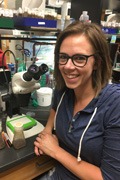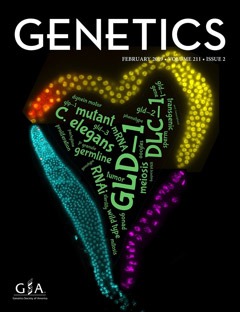Accessibility in STEM (AiS) Workshop Series
This workshop series is organized and moderated by the ECLP Accessibility Subcommittee. It is designed for students and early career scientists in STEM to learn about the challenges of people with disabilities and ways to make the community more welcoming and inclusive.
Closed captioning is provided for each seminar using the Otter.ai software.
Upcoming Workshops:
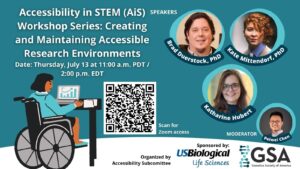
Creating and Maintaining Accessible Research Environments
July 13, 2023 from 2:00 PM – 3:00 PM Eastern
Description
This is the second installment of a workshop series organized by GSA’s Accessibility Subcommittee. We have invited two/three experts that work on accessibility in STEM research across the United States to discuss best practices in making laboratory, field, and other workplaces more accessible. Through an interactive panel discussion, we will explore practical ways to make conducting STEM research more accessible for everyone, especially those with disabilities.
Register today!
Speakers
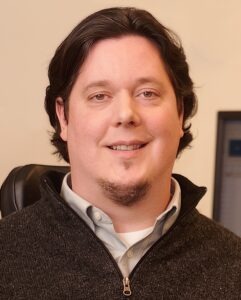
Brad Duerstock, PhD
Professor of Practice
Weldon School of Biomedical Engineering
School of Industrial Engineering
Purdue University
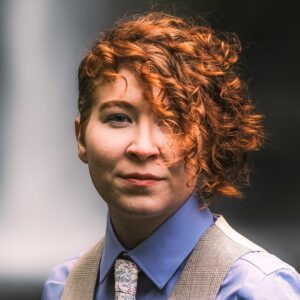
Kate Mittendorf, PhD (they/them)
Senior Staff Scientist
Vanderbilt-Ingram Cancer Center, Vanderbilt University Medical Center
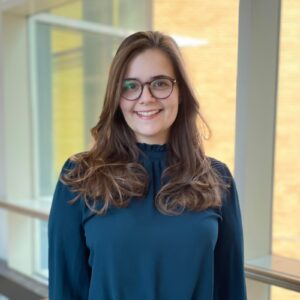
Katharine Hubert
Kohler Fellow, Genetics Ph.D Candidate | Wellik Lab
Department of Cell and Regenerative Biology
University of Wisconsin – Madison
Moderators
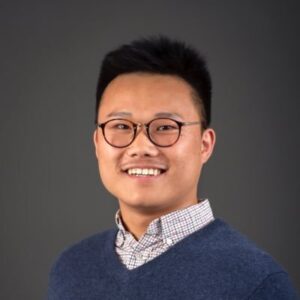
Peiwei Chen
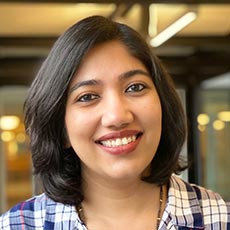
Pravrutha Rama
Organizers
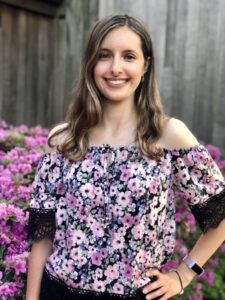
Alyssa Paparella
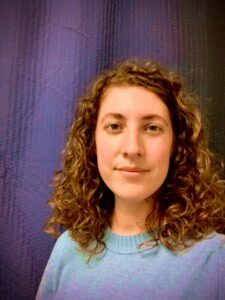
Jillian Freese
Sponsors:
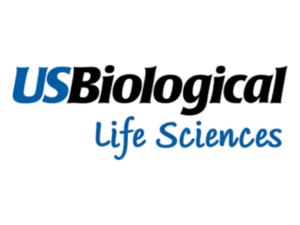
The Accessibility in STEM (AiS) seminar series is sponsored by USBiological Life Sciences.
Past Workshops:
“How to Make Teaching Accessible”
Monday, October 17, 2022
The inaugural workshop of this series will feature experts that work on accessibility in STEM education across the United States and discuss best practices in inclusive teaching and universal design for accessible learning. Through an interactive panel discussion, the workshop will explore practical ways to make teaching accessible for everyone, especially those with disabilities.
Panelists:

Panelist 1: Logan Gin, PhD, Assistant Director of STEM Education, Sheridan Center for Teaching and Learning, Brown University
Logan Gin is the Assistant Director for STEM where he works on initiatives related to STEM graduate student and postdoc teaching professional development. Logan holds a PhD in Biology from Arizona State University where his dissertation work centered around the experiences of STEM students with disabilities.
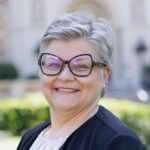
Panelist 2: Ingrid Steiner, EdD, Associate Director of Faculty Development, Center for Excellence in Teaching, University of Southern California
Ingrid oversees the development, implementation, and facilitation of pedagogical programs, consultations, and resources for the University of Southern California’s Center for Excellence in Teaching. Her doctoral research in education was focused on academic ableism, accessibility (abilities), and faculty development in this area.
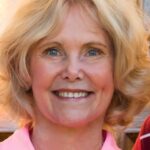
Panelist 3: Sheryl Burgstahler, PhD, Director, UW Accessible Technology & DO-IT, University of Washington
Dr. Sheryl Burgstahler founded and directs Accessible Technology Services—which includes the DO-IT (Disabilities, Opportunities, Internetworking, and Technology) Center and the IT Accessibility Technology (ITAT) Team—at the University of Washington. Dr. Burgsahler is the author of Creating Inclusive Learning Opportunities in Higher Education: A Universal Design Toolkit.
Host:
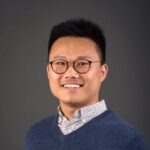
Peiwei Chen, PhD Candidate, California Institute of Technology
Peiwei is a biology grad student at Caltech studying molecular mechanisms that tame genetic conflicts in fruit flies. He founded a STEM outreach program called Lab Equipment Access Program (LEAP) at Caltech, which helps public high schools and community colleges get lab equipment and supplies to enable hands-on science education. As a member of the Accessibility Subcommittee at GSA, he works to promote accessibility for early-career scientists with disabilities.
Co-host:
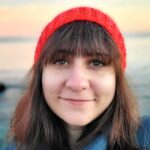
Selcan Aydin, PhD, Postdoctoral Associate, The Jackson Laboratory
Selcan is a postdoctoral associate at The Jackson Laboratory studying the role of genetic variation in cell fate decisions using mouse embryonic stem cells. She has advocated for women and foreign trainees in STEM fields throughout her career. As a member of the Accessibility Subcommittee at GSA, her priority is to better understand the needs of and identify the barriers faced by scientists with disabilities.

